On social media, many viewers were stunned after a viral video showed a doctor explaining why you might feel the need to poop after eating.
On the TikTok platform, a doctor explained this phenomenon, sparking debate among viewers.
Do you always head to the toilet right after eating?
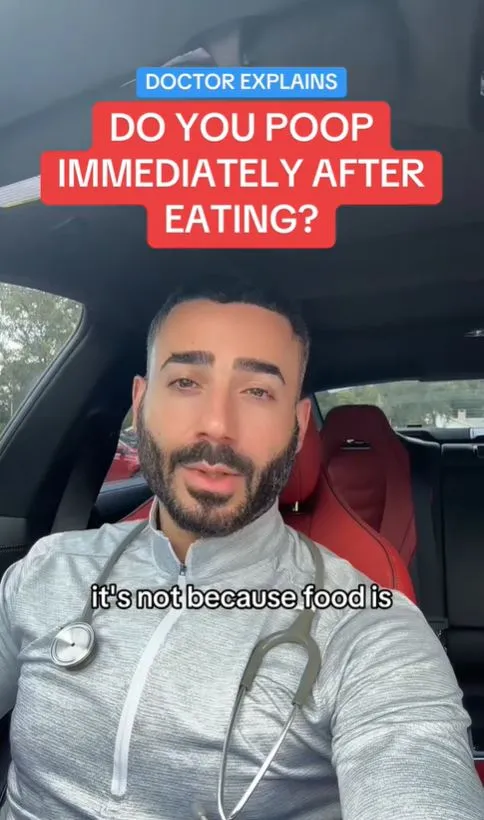
If you find yourself needing to poop immediately after a meal, you’re not alone.
On social media, Gastroenterologist Dr. Joseph Salhab shared insights on TikTok about this common phenomenon.
It’s all about something called the gastrocolic reflex, and it’s not what you might think.
What is the gastrocolic reflex?
The gastrocolic reflex is a natural response in your digestive system.
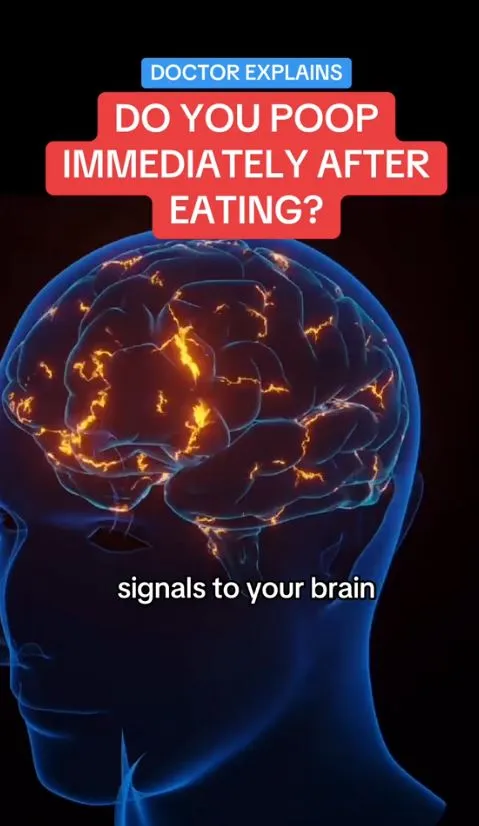
When you eat, your stomach stretches. This stretching sends signals to your brain, which then prompts your colon to contract.
Dr. Salhab explains: “Your colon contracts to make room for more food. What comes out is old, digested food and water.”
This reflex is your body’s way of creating space for incoming food. It’s a normal function, not a sign that the meal you just ate is moving directly through your system.
Social media reaction
Many viewers were baffled by Salhab’s revelation and shared their thoughts about pooping after eating.
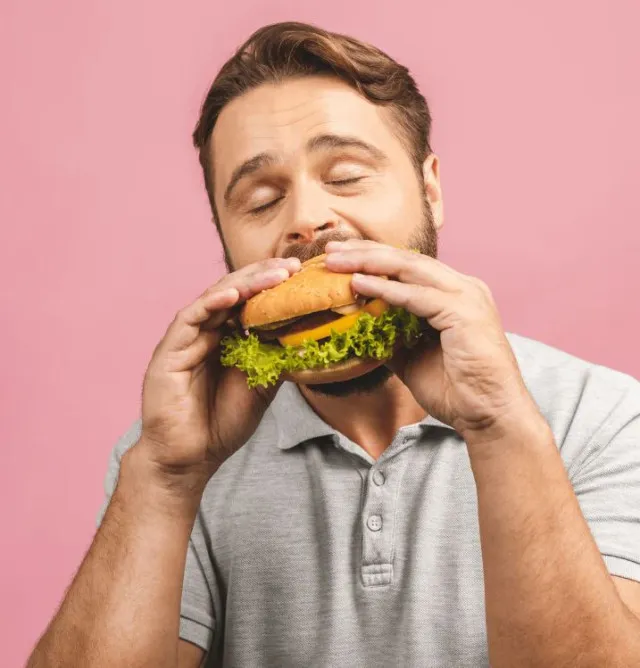
One person said: I’m pooping rn it was a good one.
A second wrote: Not having a gallbladder and everything goes straight through me.
While a third commented: That happened to me after five guys burger. Lol never again.
Another added: I mean Taco Tuesday will have me eating 6 taco and 1 burritos and I’m living in the bathroom a few hour after.
Someone else said: I go after I eat – not right away but after 30-60 minutes.
I had my gallbladder out..i always go after eating. Another added.
Why some people experience a stronger reflex
For some, the gastrocolic reflex is more pronounced. People with conditions like “irritable bowel syndrome (IBS)” often have heightened sensitivity.
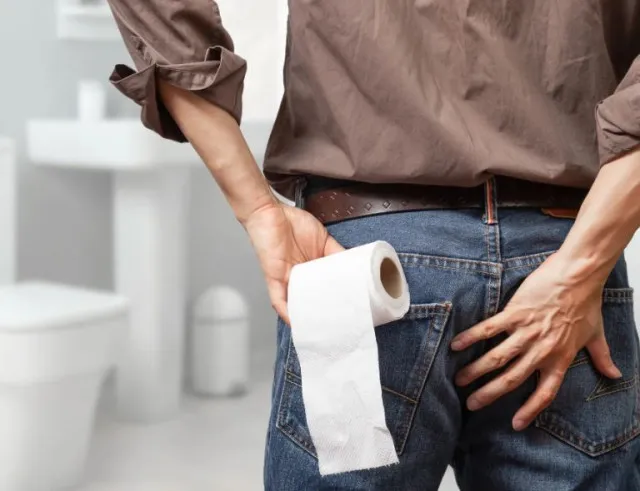
The Cleveland Clinic explains that IBS can cause symptoms such as:
– Abdominal pain or cramping
– Diarrhea
– Gas and bloating
Dr. Salhab adds: “IBS can make the contractions of the colon more powerful, leading to discomfort and even diarrhea after eating.”
If you frequently experience discomfort, there are ways to manage it. A low FODMAP diet may help identify foods that irritate your gut. FODMAPs are fermentable sugars that can trigger digestive issues.
Dr. Salhab recommends avoiding these common triggers:
– Carbonated drinks
– Alcohol
– Citrus fruits
– Dairy products
– Fried or fatty foods
He emphasizes that everyone’s digestive system is unique. What works for one person might not work for another.
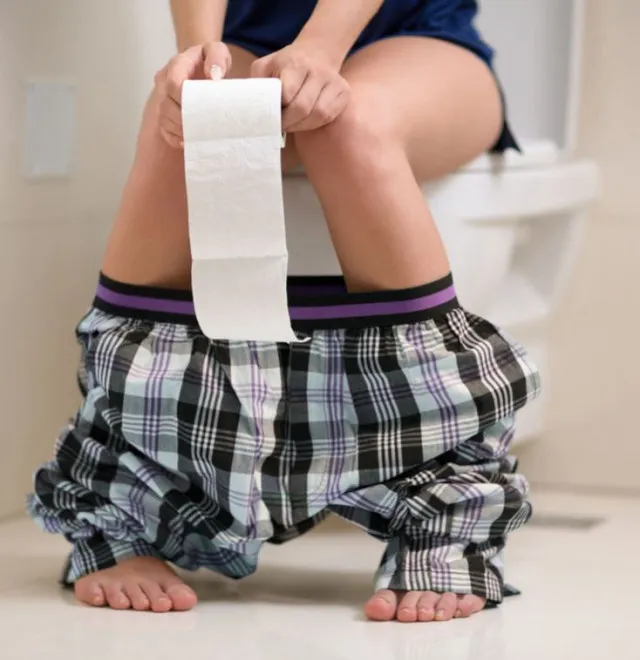
When should you be concerned?
Needing to poop after eating is usually harmless.
However, if you experience severe pain, frequent diarrhea, or other symptoms like weight loss, consult a doctor. These could be signs of underlying conditions, such as IBS or other gastrointestinal issues.
The gastrocolic reflex is a natural process that helps your body manage digestion. For most, it’s nothing to worry about.
If it causes discomfort or disrupts your daily life, consider dietary adjustments or seek medical advice. Understanding your body is the first step toward better digestive health.